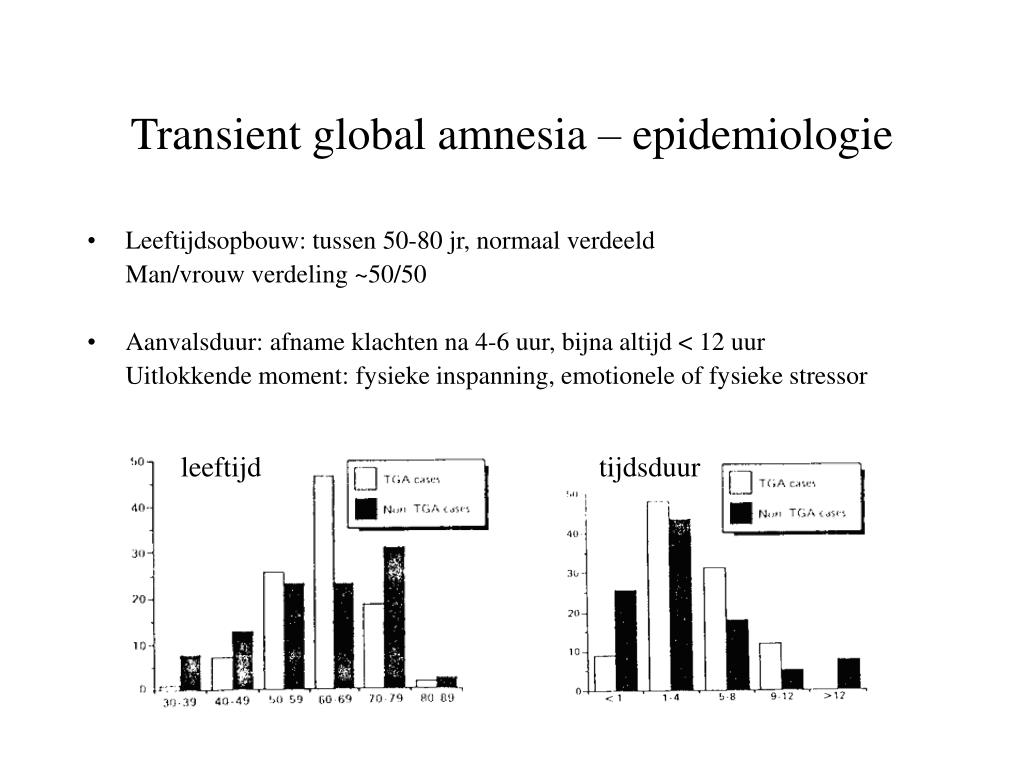
Symptoms mostly last for less than a day in this type. The person also loses memory of events in the hours before the attack. In this a person experiences confusion or agitation that appears on and off for several hours. In this type person have difficulty in remembering past events, information and have inability to recall previous memories This type can be temporary or permanent depending upon the cause behind it. This mostly arise from too much alcohol, brain damage from trauma / injury to brain, stroke or encephalitis. In this type of amnesia, a person can not learn / remember new information or is unable to form new memories but he remembers previous memories before the event. There may also appear confused along with above symptoms. False memories refers to phenomenon in which a person invents a memory that did not actually happened or recall real memories misplaced in time. Other symptom is occurrence of false memories. The motor skills like ability to walk are are not forgotten. Short term memory is mostly impaired and a person forgets recent information, memories but remote memories are retained like that of childhood. The major symptom of amnesia is memory loss where a person has difficulty to remember and recall past memories, information, events, previously learned facts, places, recognize faces and/or there is inability to learn new information and form new memories. Electroconvulsive therapy (ECT)), or electroshock therapy can lead to temporary memory loss Alzheimer’s disease (progressive brain disorder that gradually cause destruction of memory and thinking skills and lately the ability to carry out the simplest tasks) and other forms of dementia ( a term used to describe diseases and conditions in which there is a decline in memory and cognitive abilities)ĩ. Some medications, like sleeping drug, Ambien and also benzodizepinesĨ. Use of alcohol for long periods of time that can cause Wernicke – Korsakoff syndrome (a brain disorder in which amnesia is one of the symptom and this disorder occurs due to lack of vitamin B-1, or thiamine, caused by long term alcohol use)ħ. Tumors in brain that locate in area which controls memory can also lead to memory lossĦ. Seizure – It refers to sudden electrical disturbance in the brain that is uncontrolled and lead to changes in your behaviour, movements and in levels of consciousnessĥ. Oxygen Deprivation to brain eg, from heart attack, respiratory distressĤ. Stroke – It is a medical condition arising from reduced / interrupted blood supply to a part of the brain that deprives brain tissue of getting oxygen and nutrientsģ. Inflammation of the brain medically known as encephalitisĢ.

Other than physical trauma, the damage to brain that can lead to amnesia can arise from :ġ. The sufferer having amnesia does not forget his / her own identity.Īmnesia can arise from damage to brain structures including thalamus and hippocampus that form the the limbic system that is meant to control emotions and memories.

Depending upon the cause it can either be temporary or permanent. The memory loss may be partial or complete.

Amnesia refers to memory loss in which a person has either inability to recall past events, memories, experiences or have difficulty in learning new information and forming new memories.


 0 kommentar(er)
0 kommentar(er)
